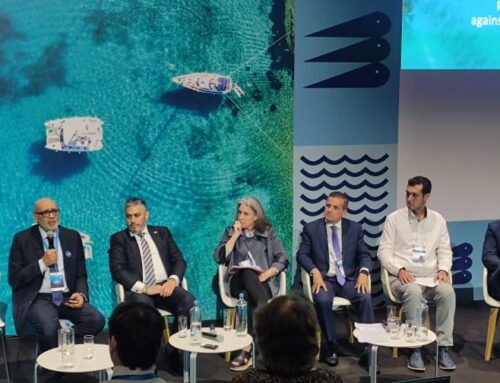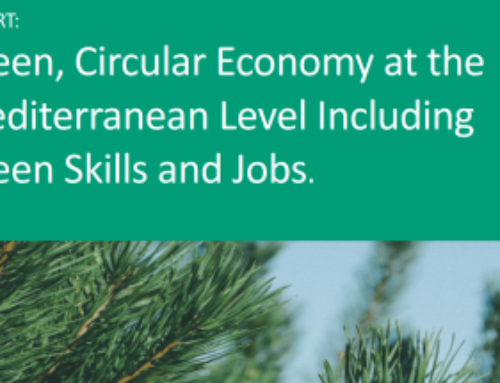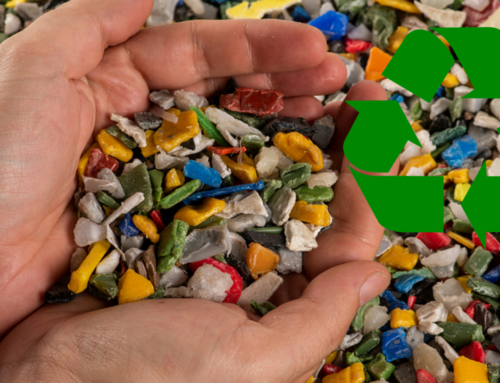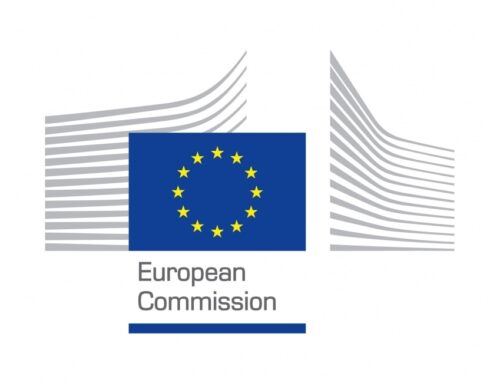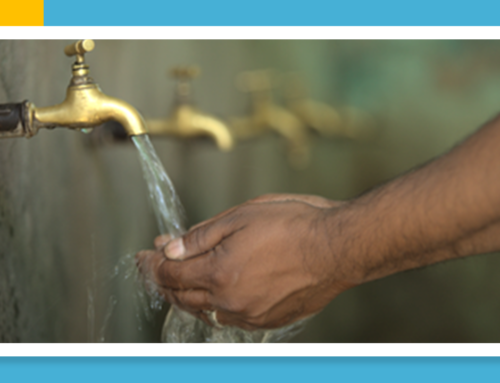Water Harvesting (WH) and Natural Water Retention Measures (NWRMs) are efficient tools to minimize flood risk and increase the potential for water storage whether on the surface or in the aquifer. In order to entrench these concepts and their approaches in the MENA countries, the WES Team organised an on-line Regional Training on Water Harvesting, on the 7, 11, 14, 18 and 21 of October 2021.
For a total of 15 hours, 35 participants from Ministries of Water, Irrigation Authorities, River Basin Authorities, Land Management, Geological Survey Agencies, Water Utilities, Municipalities and NGOs of 9 countries, were introduced to “water harvesting including through retention & aquifer recharge with storm water” as part of the regional training on the subject. The training addressed amongst other things, management of irrigation demand through the use of nonconventional water as a mean to mitigate climate change and increased demands for food production. Integrating rainwater and floodwater harvesting in irrigation schemes, as a cheap and reliable source of water in arid environments to improve crop production reliability, along with a wide range of available techniques, storage options and practical examples of the application of NWRM were also presented: NWRM in natural/rural areas in Algeria, in urban areas in Israel, for groundwater recharge in the Azraq basin in Jordan, for irrigation in Morocco, as well as the Karla Lake Rehabilitation Project, in Western Greece.
Ms Suzan Taha WES Key Water Expert, highlighted the importance of NWRMs given the prevailing scarcity of available groundwater and surface water, and their significance in terms of reducing the percentage of runoff (including flood runoff) that gets discharged away from human consumption areas. Increased urbanization in all the partner countries has resulted in significant reduction of recharge to the groundwater sources and an increase in storm water flows thus necessitating management of surface runoff in areas designated for construction by infiltrating such runoff water with the aim to contribute to the water resources, in terms of both quantity and quality.
Dr Demetris Zarris, WES Senior Non-Key Water Expert, underlined the importance of using clever small-scale interventions with natural materials, minimizing the use of concrete, that emulate the physical processes of the hydrologic cycle like infiltration, storage in unsaturated and saturated zones, and storage in natural depressions. The main purpose is to minimize flood peaks and volumes by increasing water retained in the catchment for direct and indirect use.
The Training demonstrated the importance of awareness and education at all levels for supportive, enabling policies and extension/technical support in developing different rain/flood water harvesting systems for crop production.


